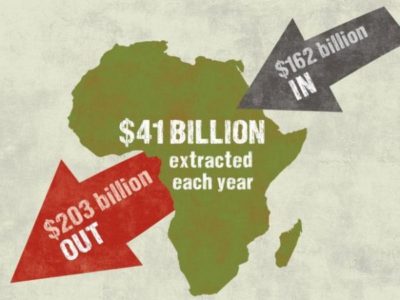In the news: IMF chief calls for higher taxes on the wealthy & increased social spending
On by Sarah Cowen-Rivers
The International Monetary Fund (IMF) needs to go further to truly reduce inequality

What’s new?
In her recent blog, the Head of the International Monetary Fund (IMF) – Kristalina Georgieva – has called for greater taxation on the wealthy and increased social spending on areas such as health and education. She suggests that these policy changes will mitigate against rising inequality and enable countries to reach the UN Sustainable Development Goals by 2030.
While this is a welcome recognition from one of the World’s most influential financial institutions, we can’t ignore the irony that the IMF has been at the heart of the policy agenda to cut taxation and social spending around the world for decades.
What’s the issue?
In the 1980s the IMF effectively forced harmful policies, like cutting taxation and social spending, on many countries in the ‘Global South’ as a condition of the loans they were given. These policy ideals were based on giving more freedom to businesses with less regulation from the state, believing that the benefits of this would ‘trickle down’ to all parts of our society.
The results were slow economic growth (if any), rising inequality, and ever-increasing debt repayments – contributing to the poverty and poor health we see today.
What really needs to happen?
While we welcome this shift from the IMF, they should recognise their role in the creation of inequality, and work to repair the damage that is still being done today. For example, campaigners such as the Jubilee Debt Campaign have been calling on the IMF to stop reckless lending. This places a financial strain on the countries borrowing the money while the lenders are always bailed out, continuing the cycle of debt.
Research has shown that European countries receiving IMF loans following the 2008 financial crisis were significantly more likely to pursue austerity policies and, when they did, were four times more likely to reduce healthcare budgets than non-IMF borrowers.
If the IMF is serious about reducing inequality, they need a total overhaul of their approach to poverty, and to start pursuing strategies that put people first.
To find out more about how poverty is created, and how this impacts on health, read our report.

